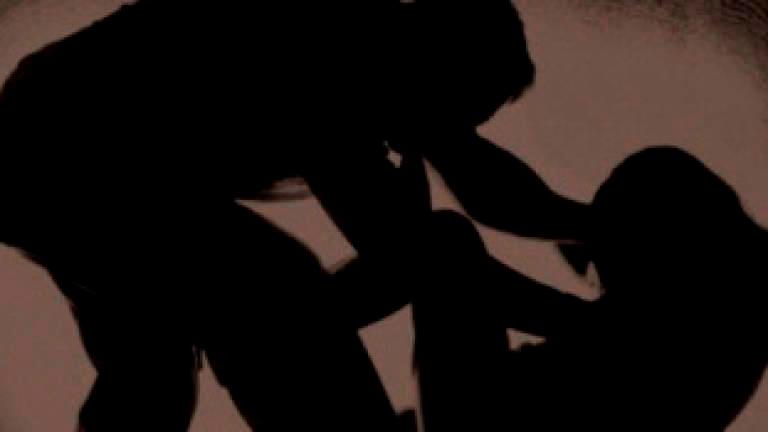PETALING JAYA: Domestic violence cases are on the rise in Malaysia, causing much concern among women’s rights advocates who are fighting back through various community-based programmes.
According to the Social Welfare Department, 1,234 cases were reported nationwide in 2021 while the Women’s Aid Organisation (WAO) said it received 4,009 reports of such incidents through phone calls and messages last year.
WAO campaign head Marina Abdullah said the NGO believes in a “life-cycle approach” to combating domestic violence.
“The approach calls for improvements to the entire support ecosystem such as legal, economic and healthcare (initiatives), as well as community involvement.”
She said domestic violence is a pattern of physical abuse or intimidation used to control or maintain power over someone who is, or was, in an intimate relationship with the abuser.
“Domestic violence includes physical, emotional, psychological, sexual, social and financial control over another person.
“Abusers often use more than one form of violence to invoke fear or coerce (victims) into behaving in ways they don’t want to.”
Marina also said WAO engages local communities through talks and capacity building to identify incidents of domestic abuse and provide assistance to victims.
“Komuniti Selamat”, a holistic approach involving communities to prevent gender-based violence, is an example of its capacity building initiatives.
“We initiate discussions with communities so they can take more responsibility, rather than just be bystanders when domestic violence occurs.
“Their support is critical to reduce the burden on the authorities and NGOs in combating domestic violence.”
She said WAO provides victims with aid and advocacy to help navigate the legal system, adding that it is currently focusing on building community awareness to encourage “bystander intervention”.
“Among the actions that individuals can take is to intervene by alerting the authorities when cases of domestic violence are suspected.
“Communities can also be involved by supporting NGO initiatives through donations and volunteer work that will help ensure survivors receive assistance.”
Marina said modelling respectful behaviour and teaching children about healthy relationships serve as important steps in breaking the cycle of domestic violence.
Lawyer and Malaysian Collaborative Practice Group co-chair Goh Siu Lin said there are three types of protection orders for victims.
“They can seek an Emergency Protection Order (EPO) from the Social Welfare Department if they face, or have faced, physical abuse.
“It is issued 24/7 by an authorised officer and will be in effect for seven days. The EPO is not renewable and no police report is required.”
Goh said a victim can also seek an Interim Protection Order (IPO) that temporarily shields herself, her children and relatives from abusive individuals.
“It is a court order that halts further violence while police investigations are underway, and serves as a strong deterrent.
“Once investigations conclude and the accused is charged with domestic violence, a court may issue a Protection Order that is stronger than an IPO and may place conditions on the alleged abuser to follow.”
She said the public does not have to be fearful when reporting cases of domestic violence to the authorities.
“In the event of threats from the perpetrator, individuals can lodge a police report as they will be recognised as witnesses and receive protection from law enforcement.”









